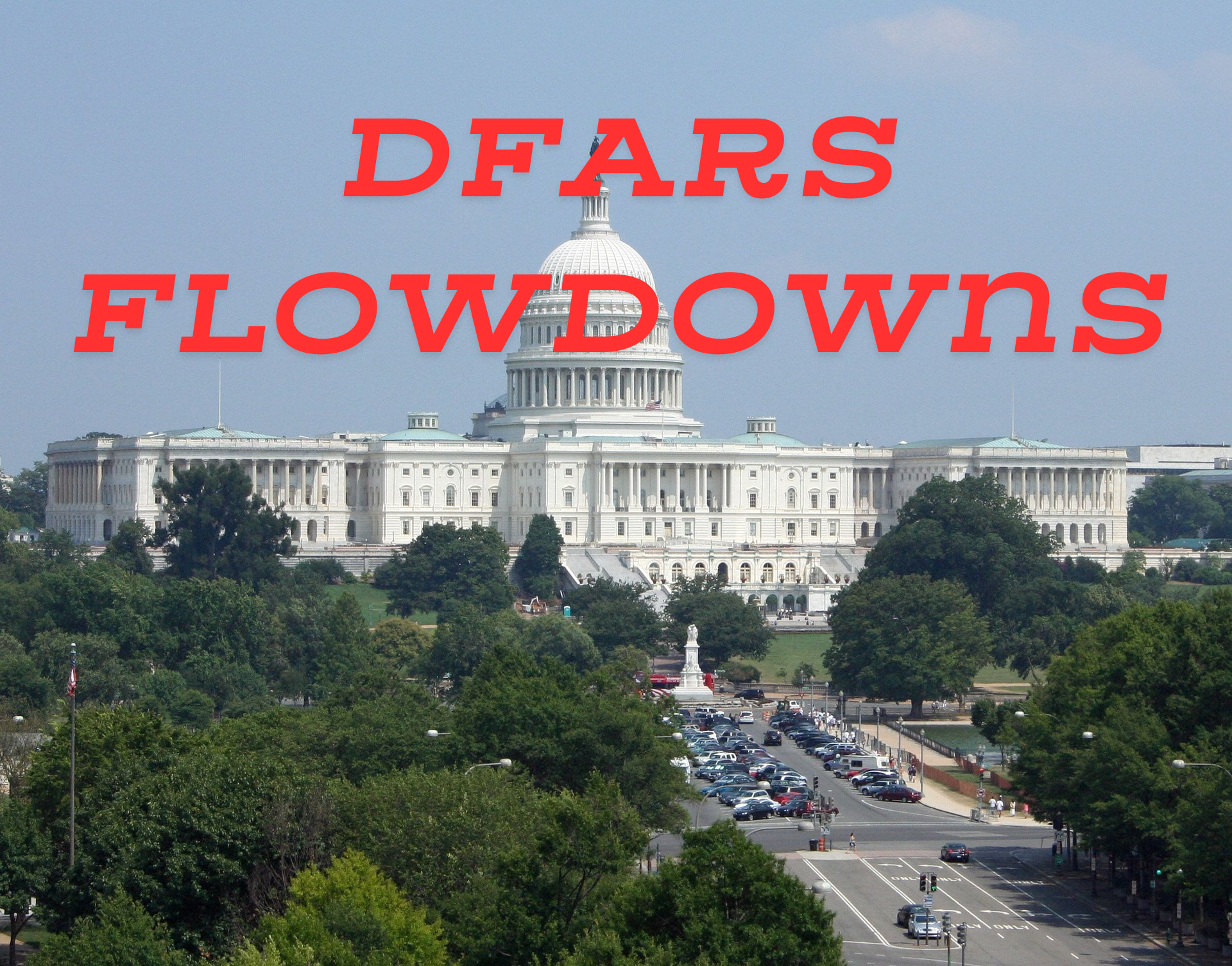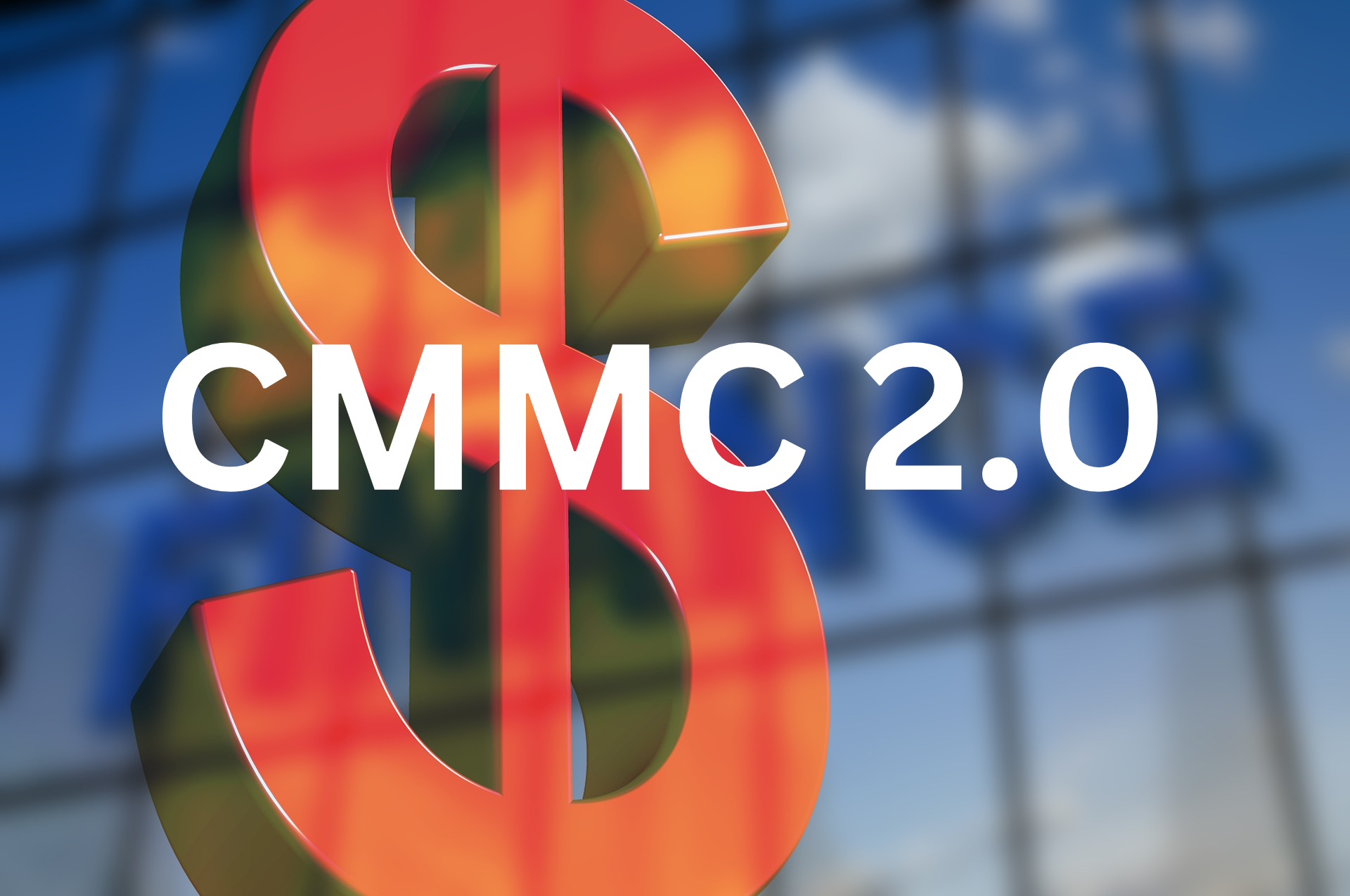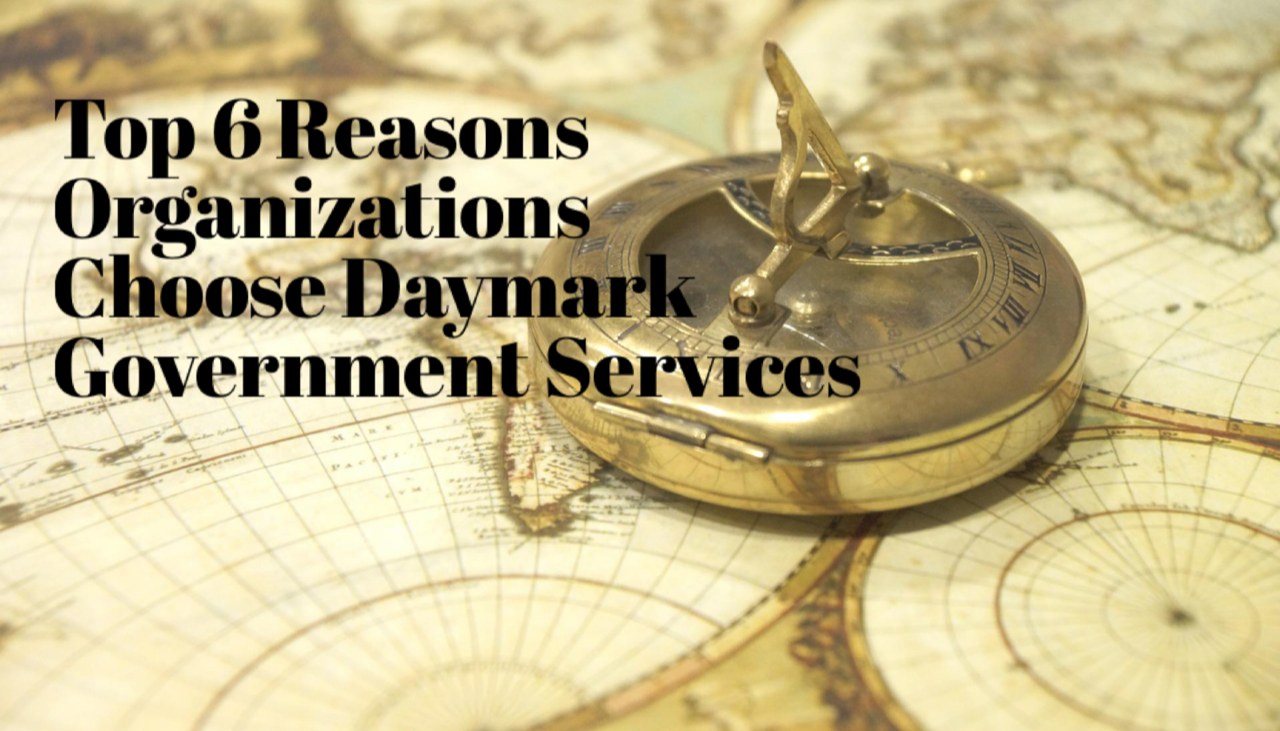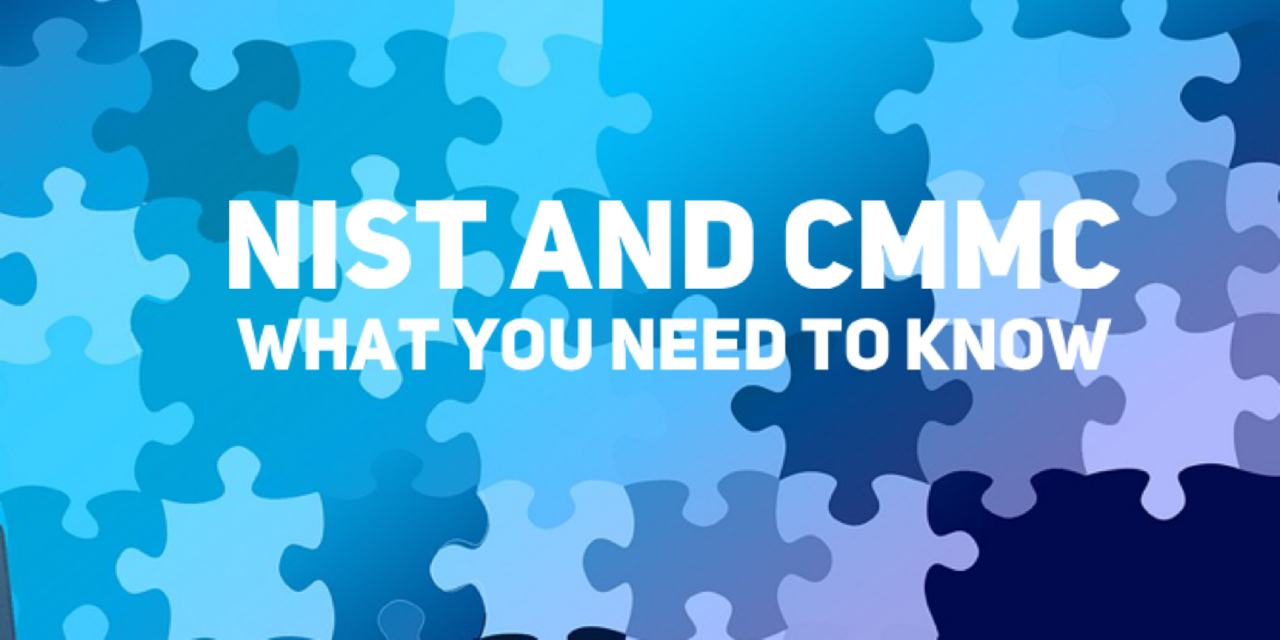On October 15, 2024, the final rule for the Cybersecurity Maturity Model Certification (CMMC) program was officially published. This rule, codified as 32 CFR, becomes effective on December 16, 2024. The CMMC journey began in 2019 with DFARS Case 2019-D041, and after four years of development, the rule is now finalized. Let’s take a look at the history of the CMMC timeline, what's to come, and how organizations can prepare for what is next.
CMMC Rulemaking Timeline
The rulemaking process illustrated in the graphic below shows a high-level workflow from the Government Accountability Office (GAO).
Figure 1: GAO Federal Rulemaking
Read More











